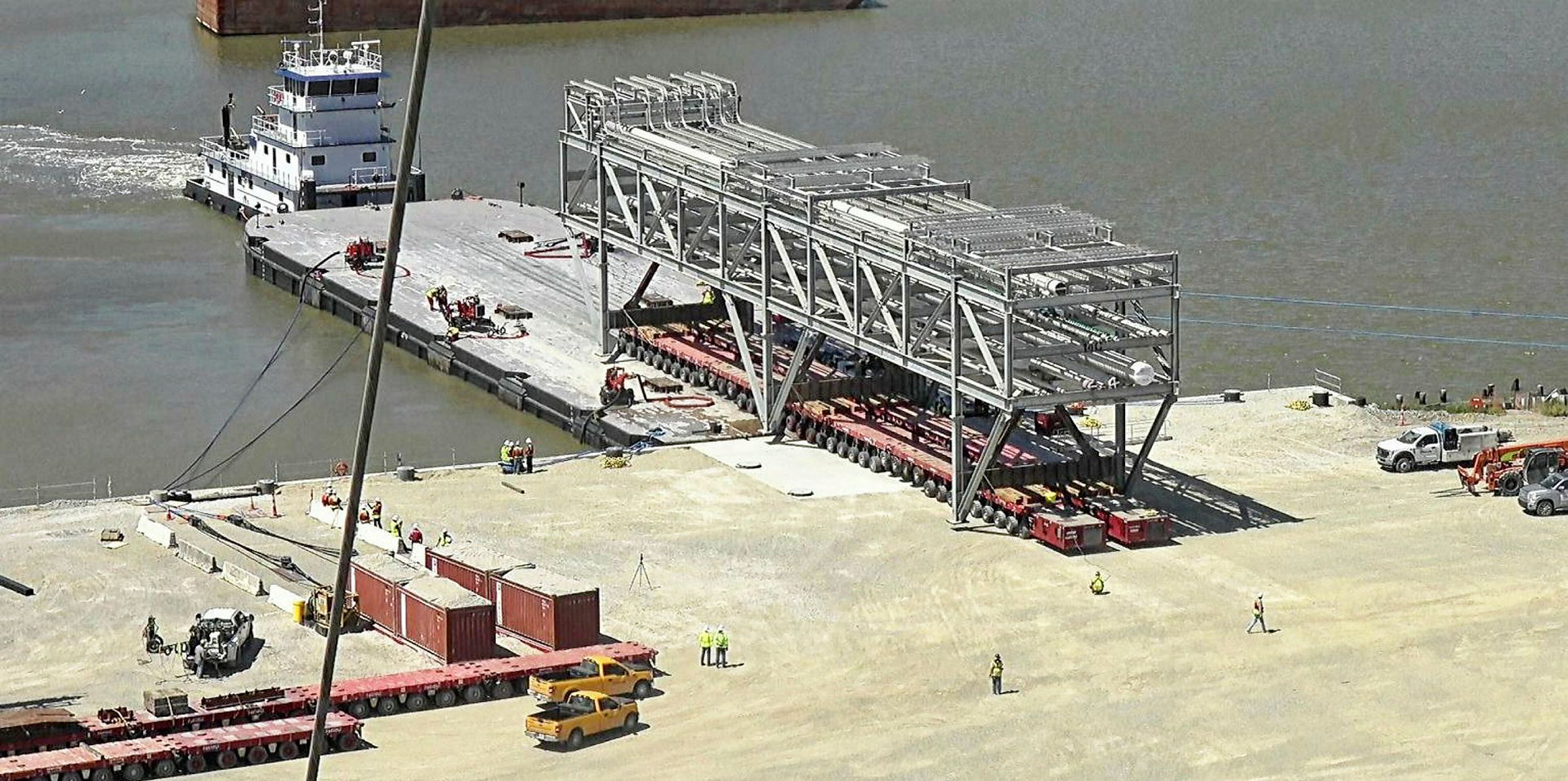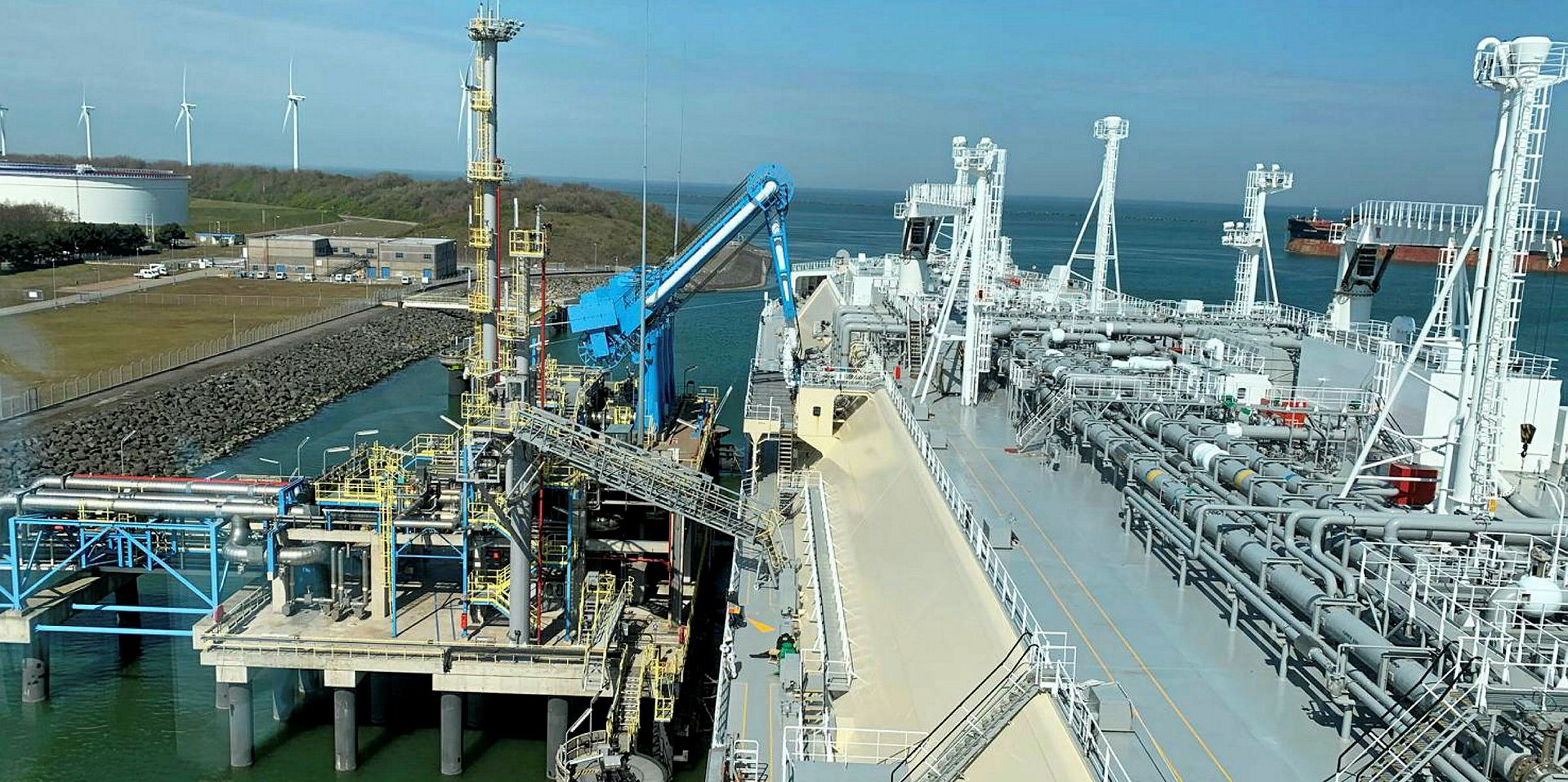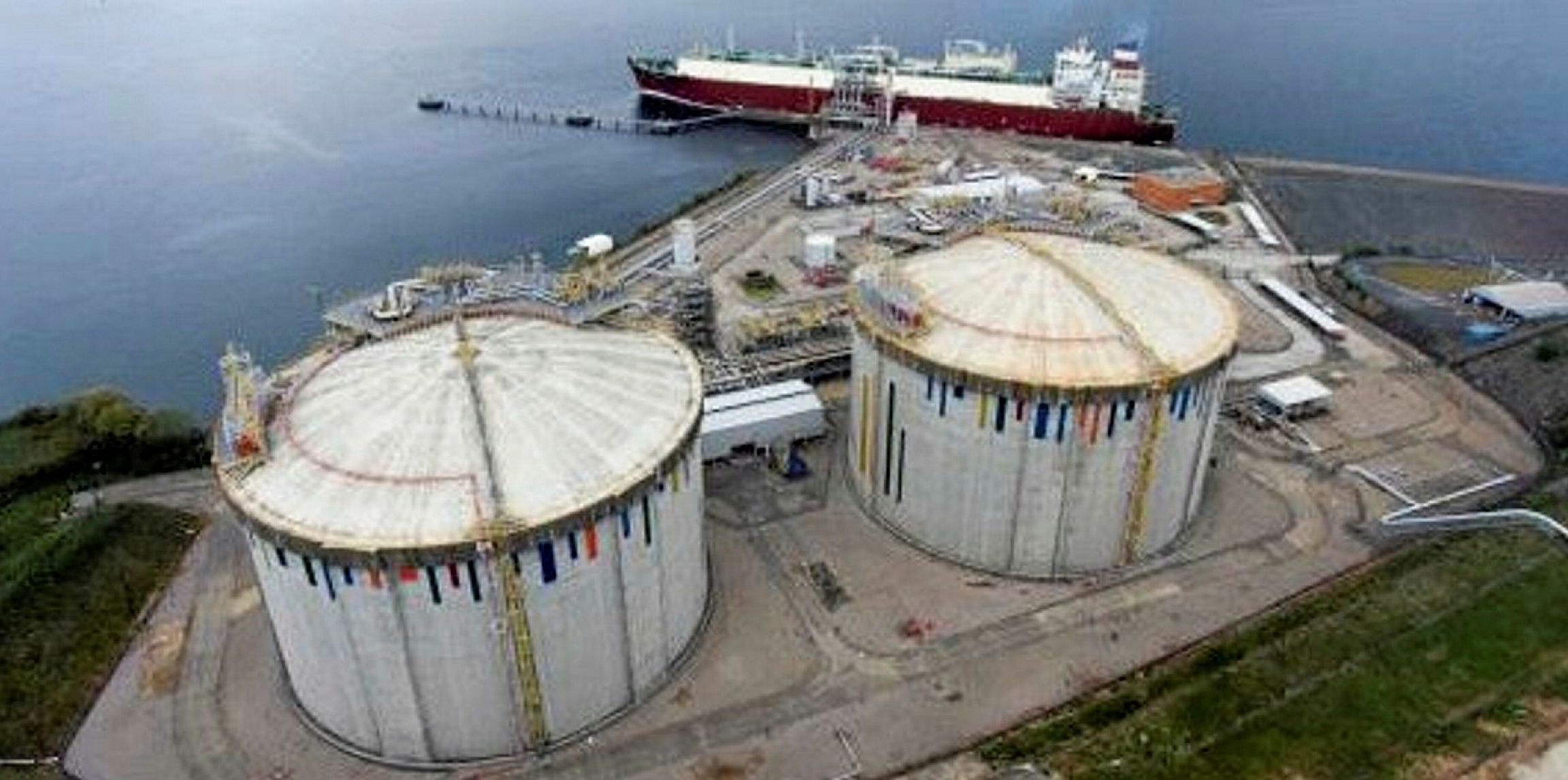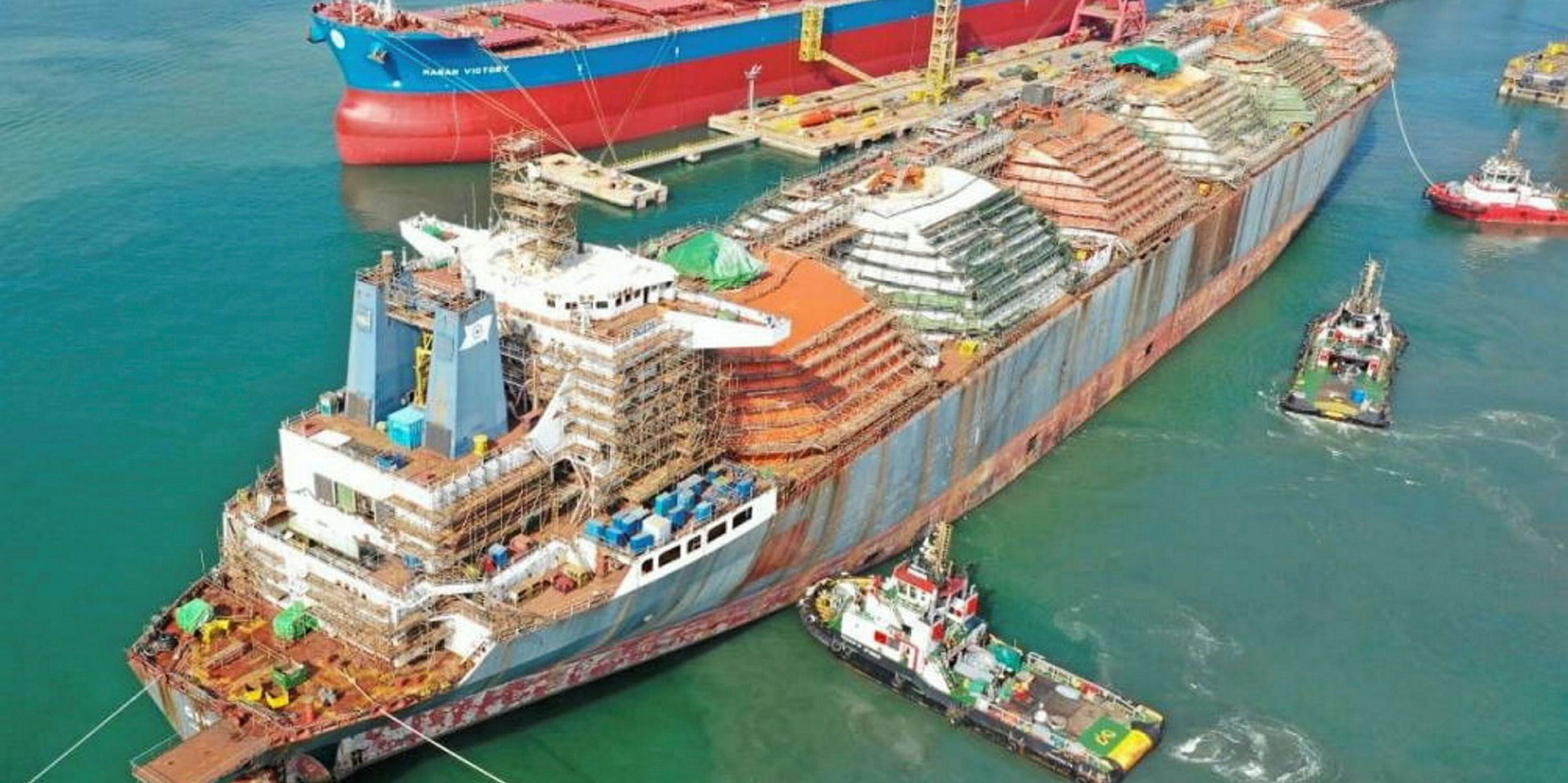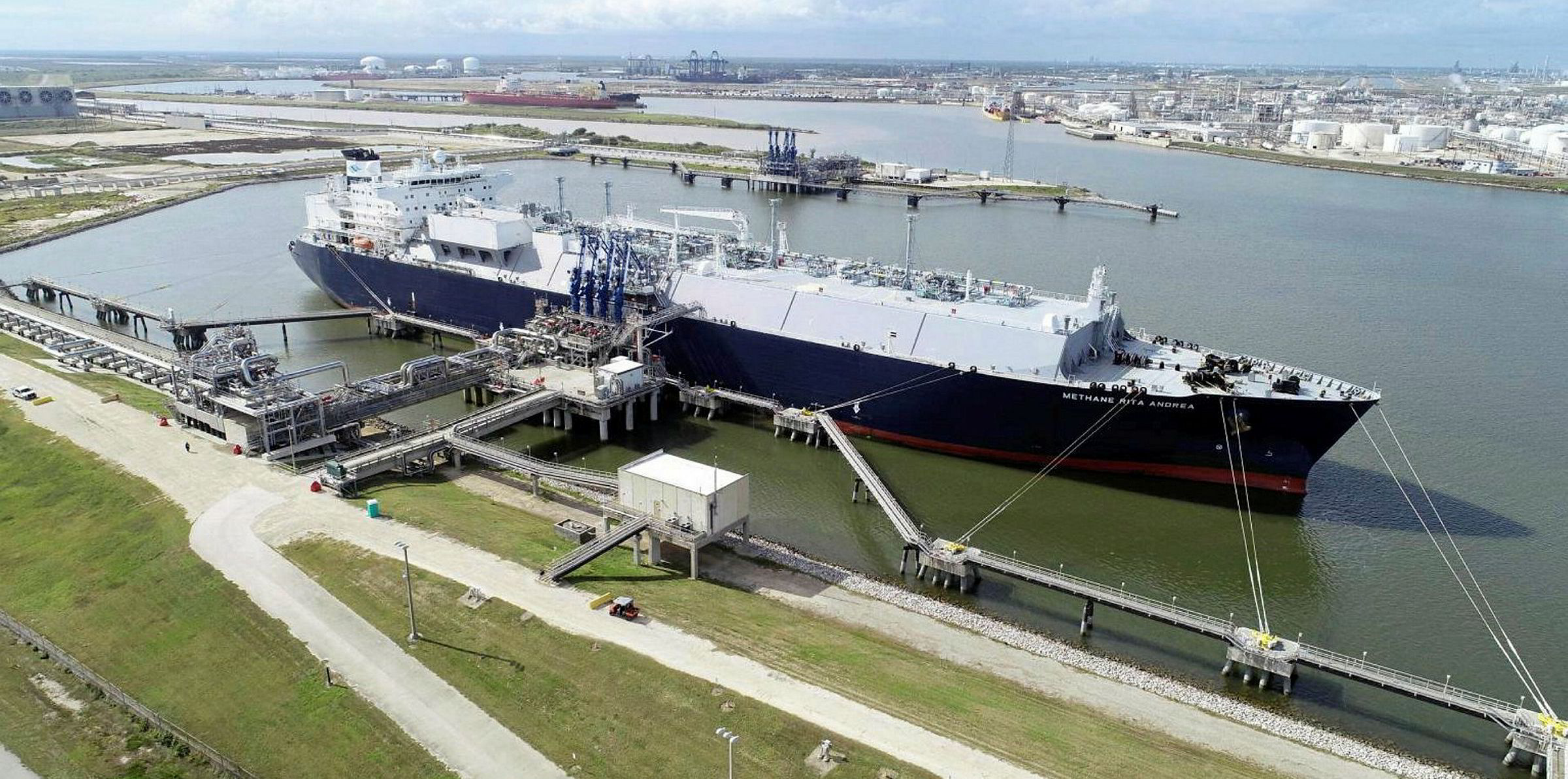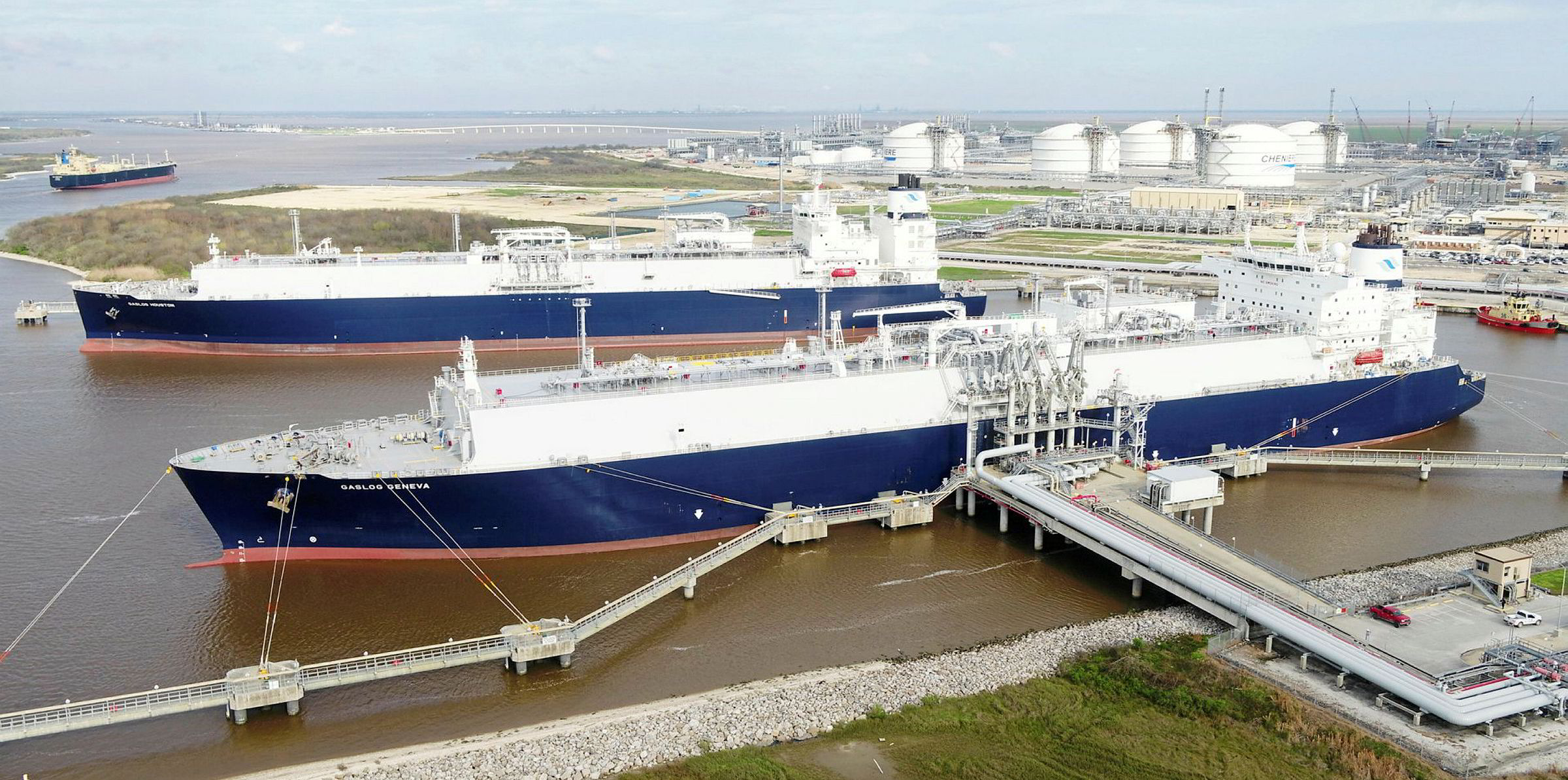At least 20 planned new LNG projects which had been expected to get the greenlight this year are likely to be pushed back amid the Covid-19 pandemic, low oil prices and a challenging financing environment, Poten & Partners finance advisor Melanie Lovatt said.
Speaking in its latest in a series of LNG webinars Lovatt said much of the around 228 million tonnes per annum of new liquefaction which had been expected to be sanctioned this year will now be delayed.
The bulk of this is new LNG projects in the US and will likely see some sellers and buyers rethinking their shipping requirements and the timing of any planned charters or newbuildings.
Lovatt said the exceptions this year could be Qatargas’ planned expansion, Sempra Energy’s project for its Energia Costa Azul plant in Baja, California and the Novatek-led Ob LNG development in the Russian Arctic.
The Poten advisor said the market is so challenging that even brownfield and existing project expansions have been hit.
But she said that even before the Covid-19 outbreak and the oil price plunge some LNG projects had been struggling to attract customers suggesting that delays had been expected.
Sanctioned projects could also face delays. She said this is an unprecedented time with obstacles for construction.
She said Shell’s LNG Canada has already reduced its workforce by 65% and cited BP’s decision to declare force majeure on its Greater Tortue Ahmeyim project which it is delaying by about a year.
Detailing the current LNG market situation, Lovatt revealed that Australia’s Woodside has cancelled an LNG cargo due to lift in May from Corpus Christi LNG in the US and added that “a couple of other cargoes have been cancelled by Cheniere lifters”.
She said Poten expects European LNG storage to be full by July.
While Chinese buyers have returned and CNOOC has lifted its force majeure notices for April, in contrast some Indian LNG buyers have invoked force majeure clauses and South Korea has deferred cargoes.
“With demand down by about 20-30% southern Europe may follow suit,” she said.
Lovatt said the Covid-19-driven collapse in oil demand and prices, has pushed top oil companies and IOCs to tap bank credit lines and bond markets, raising about $60bn in March and April.
Central banks have cut benchmark interest rates, provided cheap funding and eased capital requirements, she added. But commercial banks say the cost of funding has risen by about 50%
The immediate impact of this is the cost of LNG project financing is that margins will go up and with higher funding costs it might make it difficult for banks to justify lending, Lovatt said, with bank credit committees also likely to be much stricter.
“The good news is that after the global financial crisis banks were forced to hold more capital against loans making them better placed to weather what is going on right now,” she said. “The bad news is that Covid-19 is pervasive and we really don’t know how long its effects will last.”
On a positive note Lovatt said development banks, which are key in LNG-to-power projects, sometimes step up in times of crisis. She said LNG-to-power projects may also get a boost from lower prices currently prevailing.
